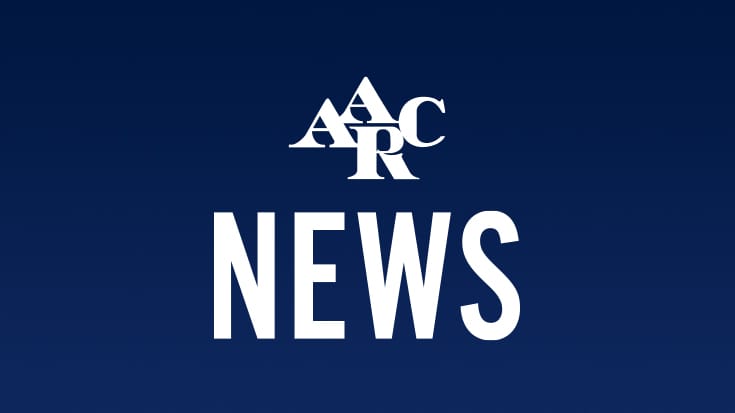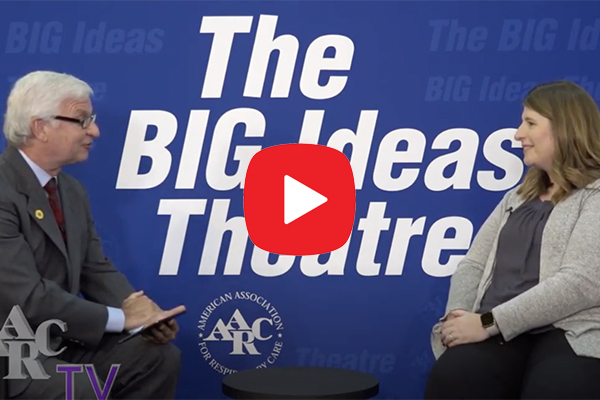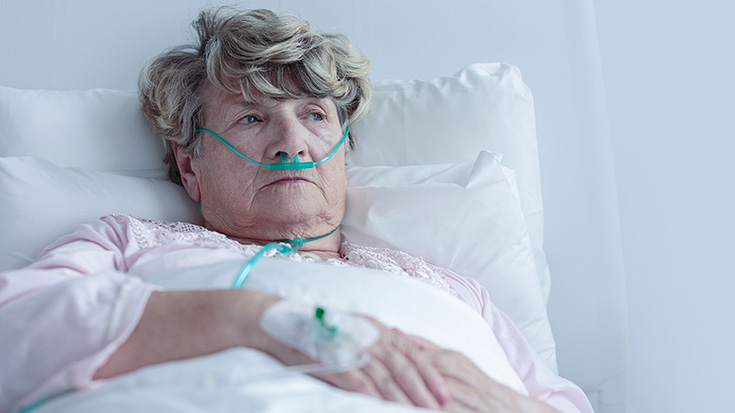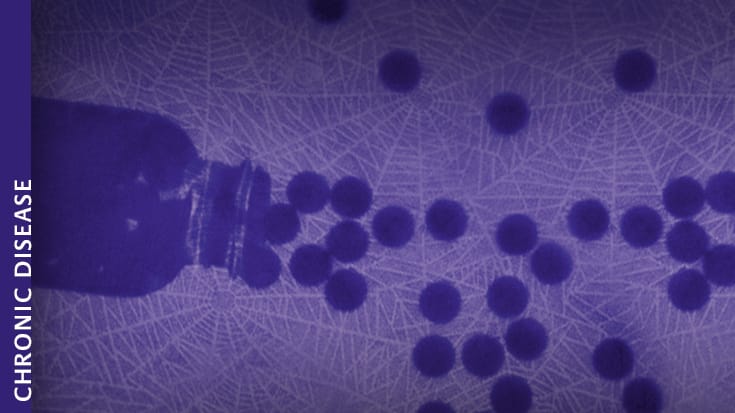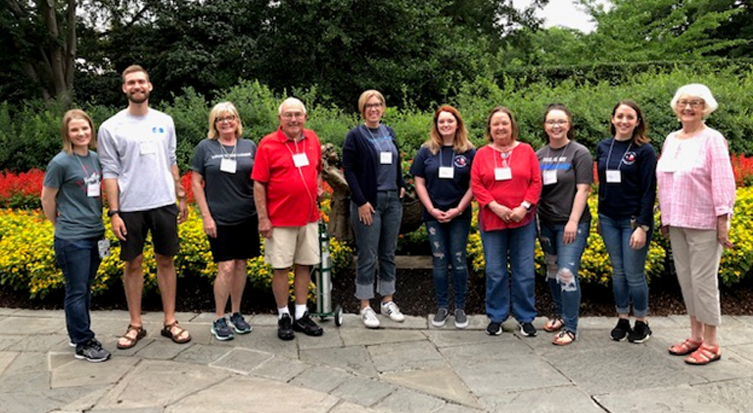
Fostering an environment where your patients with COPD can take ownership of their disease, learning to best manage and recognize their symptoms. This starts with patient education.
Mary Hart, MS, RRT, AEC, FAARC, FCCP, offers her tips and advice for helping educate your patients.
Mary’s patient education opportunities
- Every time you are face to face with a patient – it is a teaching opportunity!
- Evaluating the ability of patients to use their medication is always needed.
- Make education fun!
- Think outside the box. Find activities that are challenging and will help you evaluate their ADL skills.
- Use puzzles, word games, challenging games to educate.
- Better Breathing Support Groups are a great place for families and patients to interact and learn together.
- Encourage conversation not just lecture – “Death by PowerPoint.”
- Include patient opinion and perception as part of research or quality projects (What is important to them? What type of research is relevant?)
Gone Camping
Hart and her team host Camp Breathless for their patients. Camp Breathless is a one-day free camp for people with COPD.
“The purpose of this camp is to provide them with a day of education while having fun and socializing with others like them,” Hart said. “It provides time to really ask questions and learn more about their disease and self-management.”
Hart developed the camp curriculum and provided training to the volunteers. The multi-disciplinary team includes RTs, MD, PharmD, PT, OT, a Music Therapist, and RT students volunteer for the day and provide activities and education.
They start the day off with breakfast and a game of LUNGO (BINGO). LUNGO is a “game where patients answer questions about COPD and receive small prizes.”
A pharmacist gives a 45-minute Q&A presentation about lung medications and patient assistance programs/Good RX.
“Patients open up and have lots of questions about their medications,” Hart said.
Small groups rotate through education stations for 20 minutes each. Education stations include:
- Medications
- Breathing Exercises/Airway Clearance
- Home exercise/pulmonary rehab
- ADLs/Coping
During lunch, participants take part in a session of “Ask the Doc.”
“This is a very interactive session and patients are not shy about asking all the hard questions,” Hart said. “Our doctors are excellent and prepared!”
Hosted in a local city garden center, campers can take a brief walk after lunch. Wheelchairs and portable oxygen devices are donated from a home care company for patients to use if needed.
Campers finish the day off with a COPD challenge game where teams compete against each other to answer the most questions correctly earning them the highest score.
“Of course, the winners get a prize!” Hart said. “They are rowdy and lots of laughs are shared throughout the game. The questions asked are around what they were taught during the day.”
Patients benefit from the camp
“Patients receive a wealth of COPD information that includes interactive discussions, game playing, short presentations, demonstrations, a COPD workbook, and handouts,” Hart said. “They also receive training and tools to use at home for self-management.”
Tools include:
- Valved-holding chamber
- Airway clearance device
- Harmonica and music
- Exercise bands/exercise
- Shibashi DVD
If the patients have never had spirometry, Hart’s team perform it there with a printout to take to their physician.
“Patients say they enjoy the socialization and especially the time asking the pharmacist and doctor specific questions,” Hart said. “The camp offers them the time with COPD experts, to have a discussion and gain knowledge that will assist them in self-management, proper medication device technique, etc. The results from the pre and posttest show patient improvement in all areas of training. The fun and laughter offer everyone an opportunity to reduce stress and anxiety!”
Developing your own camp
“We developed this camp keeping in mind we wanted to hit on things that were important in self-care management for COPD patients that could be taught in a day,” Hart said. “However, we wanted it to be creative and fun! Not what you would get in pulmonary rehab or in a COPD class.”
Hart’s Tips—
- We asked our interprofessional team of COPD experts to volunteer knowing they knew guidelines and their role with training with only needing minimal training around the curriculum and assignment.
- Having only a few RT students who are “leaders in their class” who can help with registration, oxygen, assist patients walking, and “jump in” when needed. The students go away with much more knowledge of how to manage a COPD patient who isn’t wearing a hospital gown!
- Another bit of advice is to hold your camp or event in a location that is easy for people to park and offer a shuttle or golf cart to help transport them to the building depending on how far they must walk.
- Have volunteers greet them and assist with portable oxygen. (Having a DME company donate oxygen/supplies/ equipment is very helpful in having an event away from the hospital).
- Apply for a grant to help with the funding.
Scenes from Camp
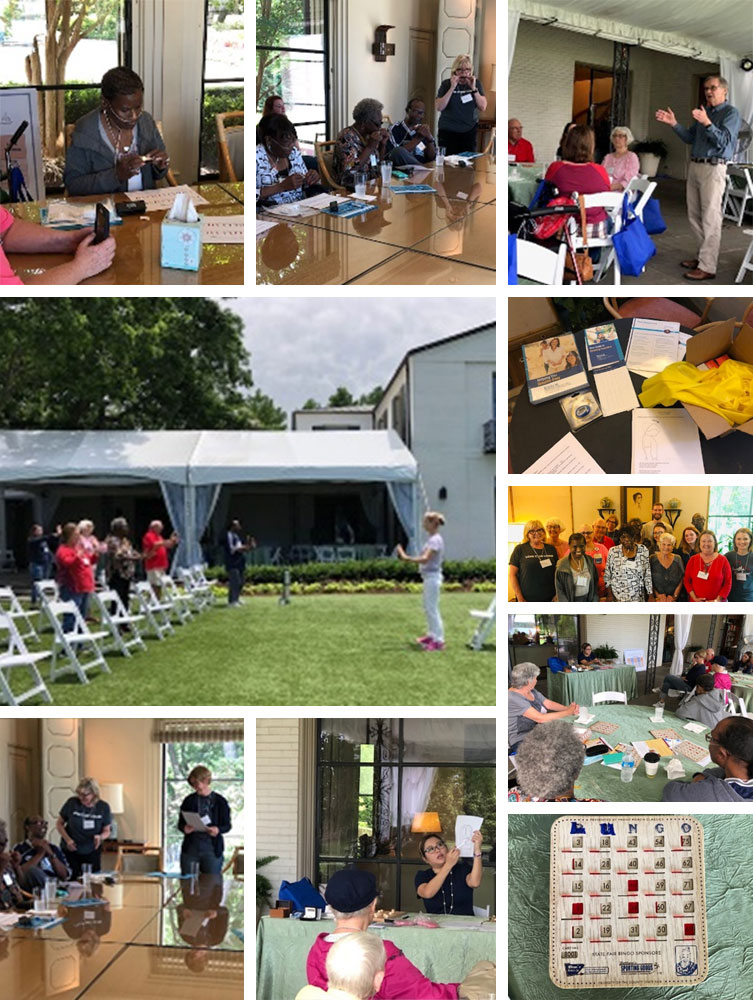
Looking for more?
The AARC has Tip Sheets and Bookmarks you can share with your community. Check out the AARC Store!
Email newsroom@aarc.org with questions or comments, we’d love to hear from you.






